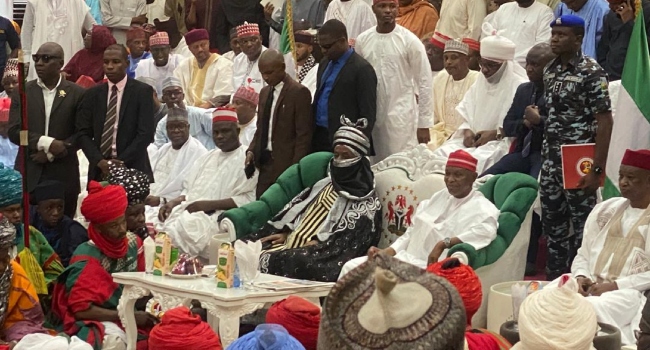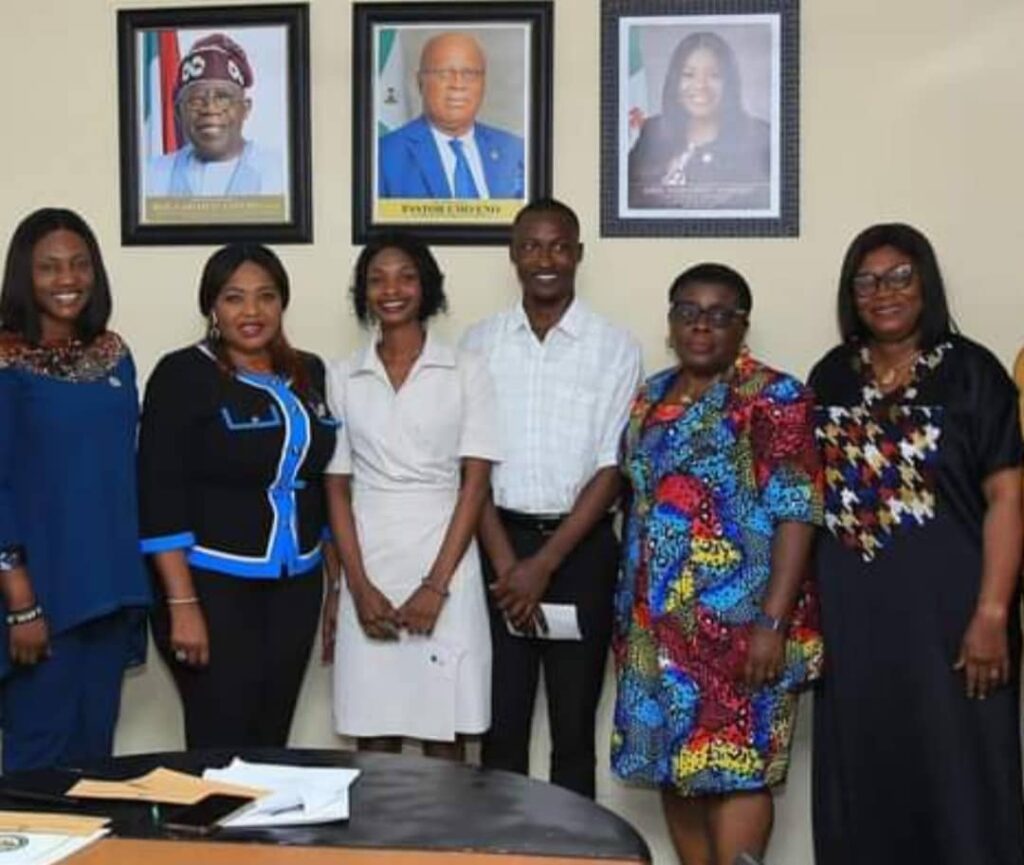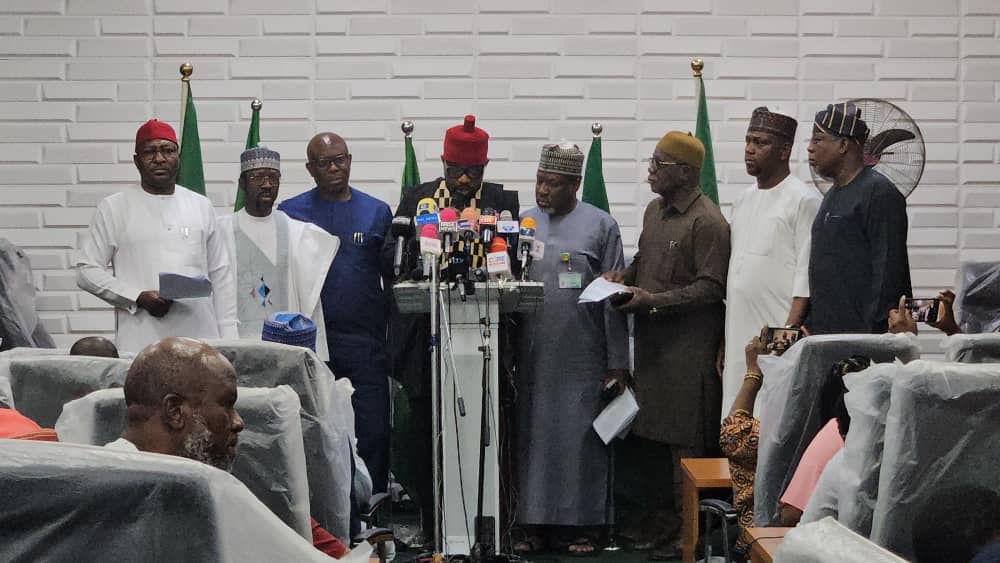
The Nigerian Airspace Management Agency (NAMA) and the Department of State Services (DSS) have held crucial talks targeted at addressing recent airspace violations in the country, especially in the Federal Capital Territory (FCT), Abuja
The meeting held at the DSS headquarters, Abuja, came on the heels of recent encroachments of No-Fly Zones by airlines operating in the nation’s airspace, which pose significant risks to aviation operations and national security.
A statement yesterday by the Director, Public Affairs and Consumer Protection, NAMA, Abdullahi Musa, mentioned that during the deliberations, both agencies emphasised the essence of maintaining safety and security standards within the Nigerian airspace, as well as adhering to International Civil Aviation Organisation (ICAO) guidelines, particularly those outlined in Section 4444 of the Procedures for Air Navigation Services – Air Traffic Management (PANS-ATM).
These guidelines established standardised procedures to ensure the safe, efficient and orderly flow of global air traffic.The Managing Director of NAMA, Farouk Umar, stressed the need to “educate airlines and pilots about adhering to established protocols, listening attentively to air traffic controllers and maintaining stringent security measures.”
“Ensuring the safety, efficiency and reliability of air travel within our airspace is our primary mission. Strict adherence to the International Civil Aviation Organisation (ICAO) guidelines, particularly those outlined in Section 4444 of the Procedures for Air Navigation Services – Air Traffic Management (PANS-ATM) as domesticated by Nigeria Civil Aviation Authority in the Nig. CARS Part 14(2023), security protocols and the no-fly zones designated in the AIP is sacrosanct,” Farouk said.
The DSS Director of Security Enforcement, Steve Ojelade, noted that no-fly zones were non-negotiable, stressing that any violations by airspace users could attract severe consequences, including potential military intervention to safeguard national security assets.












